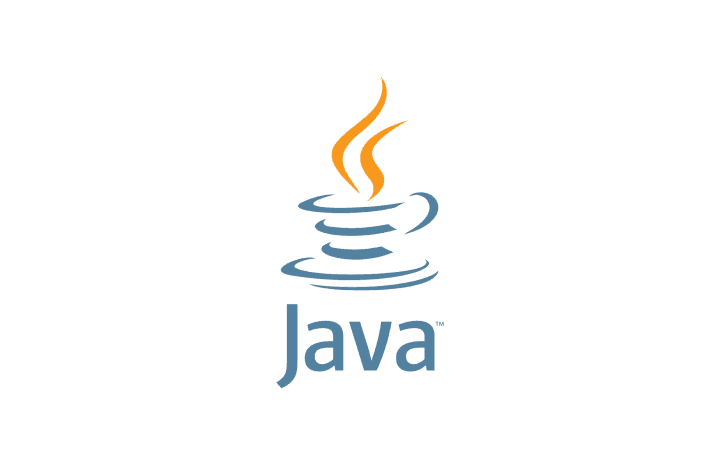
Java Interview Questions
Java is one of the most preferred programming languages in the world of software development and frequently appears in job interviews. Interview questions for Java developers are designed to assess a candidate’s technical knowledge and problem-solving abilities. In this article, we’ll cover the most commonly encountered Java interview questions and answers. These questions are applicable to both junior and senior Java developer positions and include topics such as algorithms, data structures, the Java Spring framework, and core Java concepts.
Here are some of the most popular and detailed interview questions you may encounter during a Java interview!
1. What Is the Difference Between final, finally, and finalize in Java?
These three keywords are often confused, but they serve different purposes:
- final: Used to prevent changes. A final class cannot be inherited, a final method cannot be overridden, and a final variable can only be assigned once.
- finally: A block in the try-catch structure that always executes, regardless of whether an exception is thrown. It is commonly used to release resources.
- finalize: A method called before an object is destroyed during garbage collection. Its use is discouraged as of Java 9.
This question tests the candidate's understanding of fundamental Java concepts and is one of the most frequently asked questions in Java interviews.
2. What Are the Four Main Principles of Object-Oriented Programming (OOP) in Java?
Since Java is an object-oriented language, understanding these principles is crucial. They help in writing reusable, maintainable, and less error-prone code.
The four key OOP principles in Java are:
- Encapsulation: Hiding data and exposing only what is necessary to the outside world.
- Inheritance: Allowing one class to inherit the fields and methods of another, reducing code duplication.
- Polymorphism: The ability to use the same method name in different ways, such as method overloading and overriding.
- Abstraction: Hiding complexity and showing only the essential features through abstract classes or interfaces.
This is a critical Java interview question because OOP is the foundation of the language.
3. How Does Garbage Collection Work in Java?
Java is known for its automatic memory management. Garbage collection removes objects that are no longer accessible to free up memory.
This question is especially common in Java backend developer interviews. Understanding garbage collection helps assess a candidate’s skills in memory management and performance optimization.
4. What Are the Differences Between String, StringBuilder, and StringBuffer in Java?
These classes are used for text manipulation but differ in performance and mutability:
- String: Immutable. Each modification creates a new object.
- StringBuilder: Mutable and faster than String, but not thread-safe.
- StringBuffer: Similar to StringBuilder but thread-safe, making it suitable for multithreading environments.
Knowing when and how to use each can significantly impact performance in Java applications.
5. What Data Structures Should You Know in Java?
A solid understanding of data structures is essential. Common ones include:
- ArrayList
- LinkedList
- HashMap
- HashSet
- TreeMap
These are often included in algorithm-focused interviews, and knowing their performance implications is crucial.
6. What Is the Difference Between a Thread and a Process in Java?
This question introduces the concept of multithreading and concurrency:
- Thread: A smaller, independent unit of execution within a process.
- Process: An independent running application with its own memory space.
Thread management is especially relevant in senior-level Java interviews.
7. What Is the Spring Framework and What Are Its Advantages?
Spring is one of the most popular frameworks in Java. It provides features like Dependency Injection (DI) and Aspect-Oriented Programming (AOP), simplifying the development process.
Spring Boot, built on top of Spring, is used to rapidly develop microservices.
8. How Is Exception Handling Done in Java?
Exception handling uses try, catch, finally, throw, and throws. Candidates are expected to understand the differences between checked and unchecked exceptions and how to handle them effectively.
This is a common topic in Java coding interviews.
9. What Is the Java Collections Framework?
This framework provides a set of classes and interfaces for storing and manipulating data, such as ArrayList, HashSet, and HashMap. Knowing when and how to use each structure is essential.
10. What Is the Singleton Pattern and How Is It Implemented?
The Singleton design pattern ensures that a class has only one instance and provides a global point of access to it. It’s one of the most frequently asked design pattern questions in Java interviews.
In conclusion, Java interview questions cover a broad range of technical topics. We’ve highlighted some of the most popular ones that can help both junior and senior candidates stand out. The key to success in a Java interview is mastering both the basics and the more advanced concepts.
Want to prepare for Java interviews with real-world practice and expert insights? Join Techcareer.net’s carefully curated Java interview question guides and live workshops to boost your skills! You can also join our Slack community to network with thousands of Java professionals and stay updated on career opportunities. Sign up now and ace your next interview with Techcareer.net!
Looking to test your technical skills and discover your strengths? Explore Techcareer.net’s tech-specific skill tests, identify your growth areas, and kickstart your career with confidence!
Our free courses are waiting for you.
You can discover the courses that suits you, prepared by expert instructor in their fields, and start the courses right away. Start exploring our courses without any time constraints or fees.



